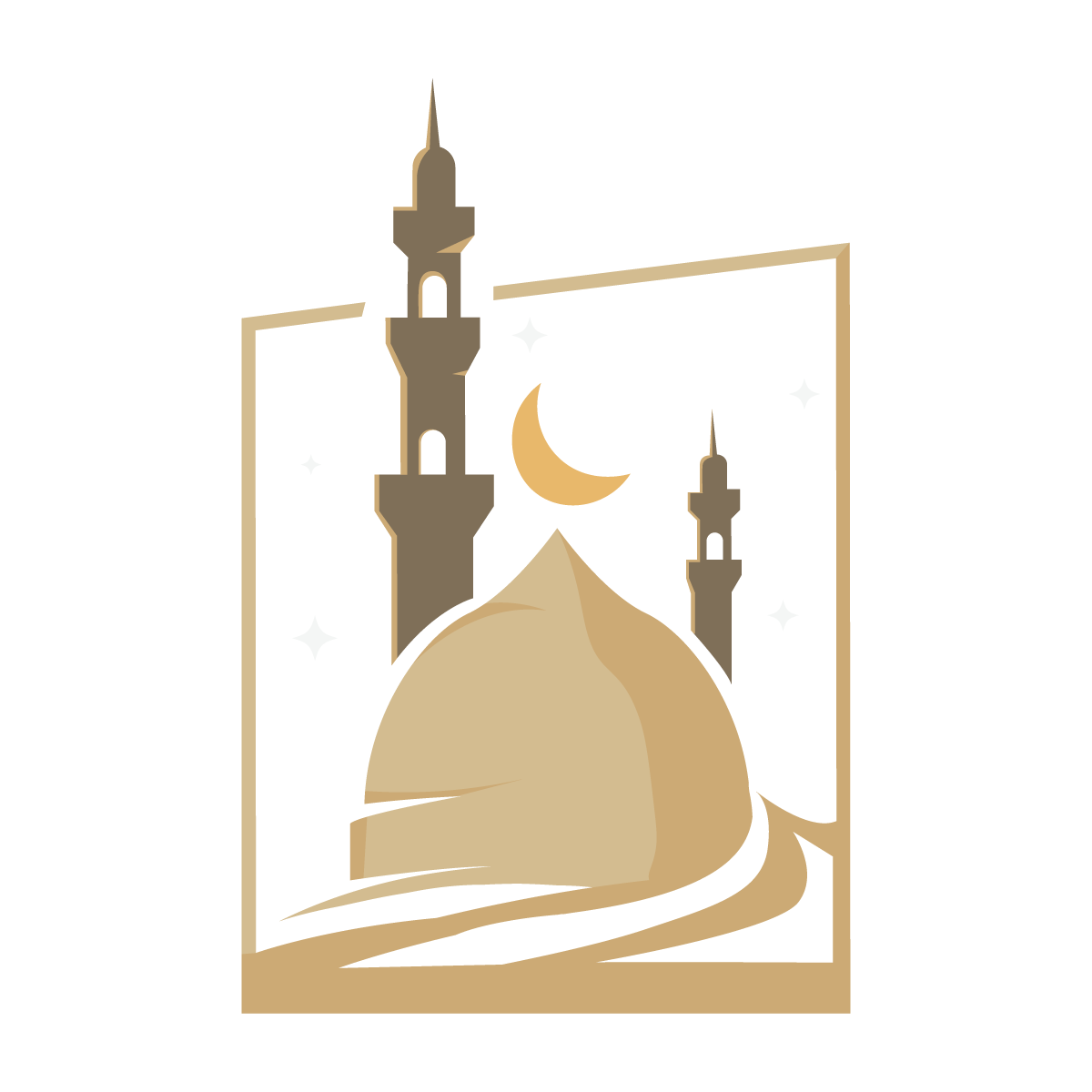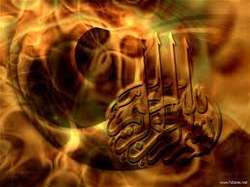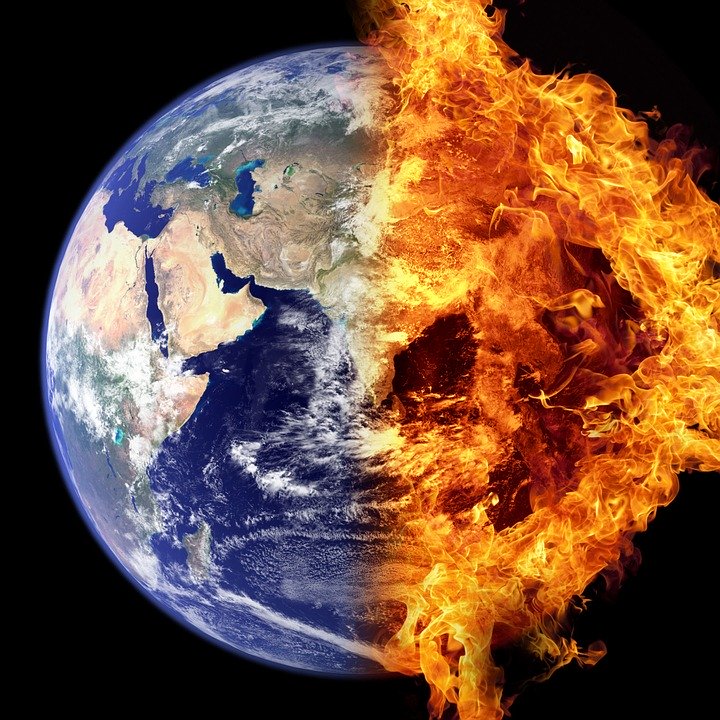
The original concept of Hereafter is a significant part of Hinduism that was misunderstood, misinterpreted and distorted during the later periods.
By Dr Zakir Naik
First: The Concept of Rebirth in Hinduism
Most of the Hindus believe in the cycle of birth, death and rebirth, which is called ‘Samsara’. ‘Samsara’ or the doctrine of rebirth is also known as the theory of reincarnation or of transmigration of the soul. This doctrine is considered to be a basic tenet of Hinduism. According to doctrine of rebirth, differences between individuals, even at the time of their birth, are due to their past karma i.e. actions done in the past birth. For example, if one child is born healthy while another is handicapped or blind, the differences are attributed to their deeds in their previous lives. Those who believe in this theory understand that since all actions may not bear fruit in this life, but there has to be another life for facing or reaping the consequences of one’s actions.
It was mentioned in the Bhagvad Gita: “As a person puts on new garments, giving up old ones, the soul similarly accepts new material bodies, giving up the old and useless.” (Bhagvad Gita 2:22)
The Doctrine of Re-birth is also described in Brihadaranyaka Upanishad:
“As a Caterpillar which has wriggled to the top of a blade of grass draws itself over to a new blade, so does the soul, after it has put aside its body draws itself over to a new existence.” (Brihadaranyaka Upanishad 4:4:3)
Second: Karma – The law of Cause and Effect
Karma means act, deed, action or activity and refers not only to action undertaken by the body but also to those undertaken by the mind. Karma is actually action and reaction or the law of cause and effect. It is explained by the saying: “As we sow, so shall we reap”. A farmer cannot sow wheat and expect rice to grow. Similarly, every good thought, word or deed begets a similar reaction which affects our next life, and every unkind thought, harsh word and evil deed comes back to harm us in this life or in the next life.
Third: Dharma – Righteous Duties
Dharma refers to what are the rights or righteous duties. This includes what is right for the individual, family, the class or caste and also for the universe itself. In order to achieve good karma, life should be led according to Dharma; otherwise it will result in bad karma. Dharma affects both, the present life and the future as well.
Fourth: Moksha – Liberation from the Cycle of Rebirth
Moksha means liberation from the cycle of rebirth or of ‘Samsara’. The ultimate aim of every Hindu is that one day the cycle of rebirth will be over and he will not have to be reborn again. This can only happen if there is no karma to cause an individual to be reborn i.e. it looses its good and bad karma.
Fifth: Rebirth Is Not Mentioned in the Vedas
The important point worth noting is that the doctrine of rebirth is not postulated, propounded or even mentioned anywhere in what is considered to be the most authentic Hindu scriptures i.e. the Vedas. The Vedas make no mention of the entire concept of transmigration of souls.
Sixth: Punarjanam Means Life after Death
The Common word used for the doctrine of rebirth is ‘Punarjanam’. In Sanskrit ‘Punar’ or ‘Puna’, means, ’next time’ or ‘again’ and ‘Janam’ means ‘life’. Therefore, ‘Punarjanam’ means ‘next life’ or ‘the life hereafter’. It does not mean coming to life on earth again and again as a living creature.
If one reads many of the references to Punarjanam in Hindu Scriptures besides the Vedas, keeping the life in the hereafter in mind, one gets the concept of the next life but not of rebirths or of life again and again. This is true for several quotations of the Bhagvad Gita and Upanishad which speak of Punarjanam.
This concept of repeated births or of cycle of rebirth was developed after the Vedic period. This doctrine was added by Hindu priests in subsequent Hindu scriptures including the Upanishad, Bhagvad Gita and the Puranas in a conscious attempt to rationalize and explain the differences between different individuals at birth and the different circumstances in which people find themselves in, with the concept that Almighty God is not unjust. As far as God is not unjust, the inequalities and differences between people are due to their deeds in their past lives.
Islam has a rational answer to this which we shall discuss in an independent article.
Seventh: Life after Death in the Vedas
There is reference to life after death in the Vedas. It is mentioned in Rig Veda, “The unborn portion, burn that, AGNI, with thy heat; let thy flame, thy splendor, consume it; with those glorious members which thou hast given him, JATAVEDAS, bear him to the world (of the virtuous).” (Book no. 10, Hymn no. 16 verse no. 4.)
The Sanskrit word ‘Sukritam u Lokam’ means ‘the word of the virtuous or region of the pious, referring to the hereafter.’ The next verse in Rig Veda, Book 10, hymn 16, verse 5 says: “… Putting on (Celestial) life, let the remains (of bodily like) depart: let him, JATAVEDAS be associated with a body.” (Rig Veda 10:16:5)
This verse too refers to a second life i.e. life after death.
Eighth: Paradise – Swarga in the Vedas
‘Swarg’ i.e. Paradise, is described in several places in the Vedas including Atharva Veda that says: “May all these streams of butter, with their banks of honey, flowing with distilled water and milk and curds and water reach thee in domestic life enhancing thy pleasure. May thou acquire completely these things strengthening the soul in diverse ways.” (Book 4, hymn 34, Verse 6, (Devi Chand)
Furthermore, Atharva Veda says: “Having pools of clarified butter, stocks of sweet honey, and having exhilarating drinks for water, full of milk and curds, may all these streams flow to us in the world of happiness swelling sweetly. May our lakes full of lotuses be situated near us”. (Atharva Veda, Book 4, hymn 34, verse 6, Veda Pra.)
Also Atharava Veda mentions:
“O both of you! start to accomplish it. Make determined effort to accomplish it. Those having unflinching faith attain this abode of happiness. Whatever ripe offerings you have made in fire of sacrifice, may both; the husband and wife, stand united to guard them with care.” (Atharva Veda 6:122:5)
On the other hand, Rig Veda says: “O Aila, the loud-sounding clouds, these divines say to you, since you are indeed subject to death, let your progeny propitiate your revered cosmic forces with oblations, then alone you shall rejoice (with me) in heaven.” (Rig Veda 10:95:18)
Ninth: Hell – ‘Nark’ in Vedas
‘Nark’ or ‘Hell’ is also described in the Vedas and the Sanskrit word used is ‘Narakasthanam’.
It is also mentioned in Rigveda:
“May the bounteous fire divine, consume them with his fiercely glowing sharp jaws like flames, who disregard the commandments and steadfast laws of most venerable and sagacious Lord.” (Rigveda 4:5:4)
These references show that the ancient Hinduism had a concept of hereafter similar to the Islamic faith about the Day of Judgment. However, the original thought was misunderstood, misinterpreted and distorted during the later periods.
__________________
Source: Taken from www.islamandhinduism.com with modifications.
[opic_orginalurl]


